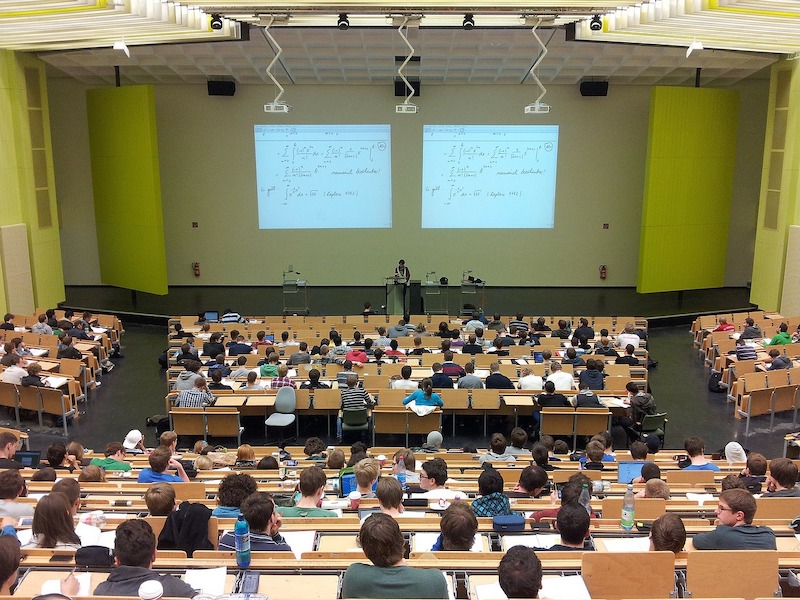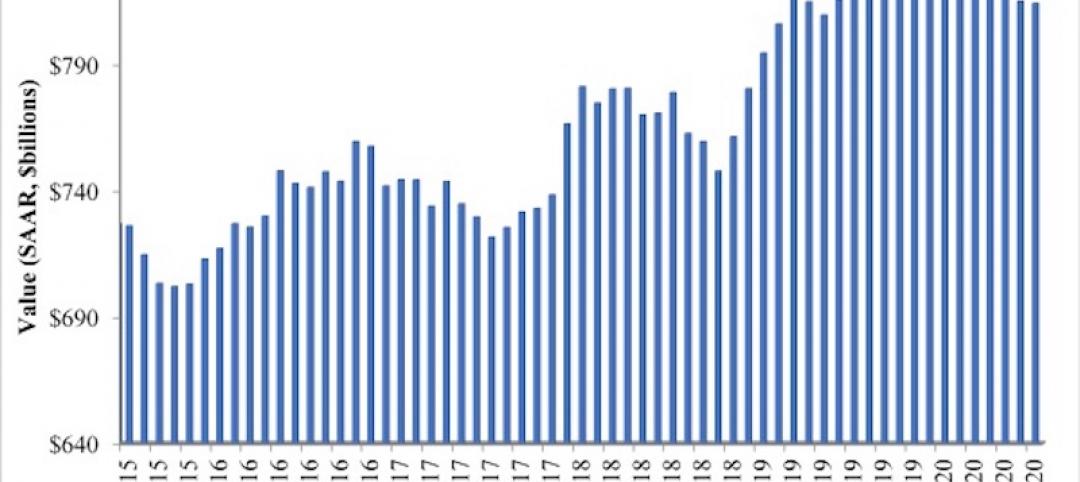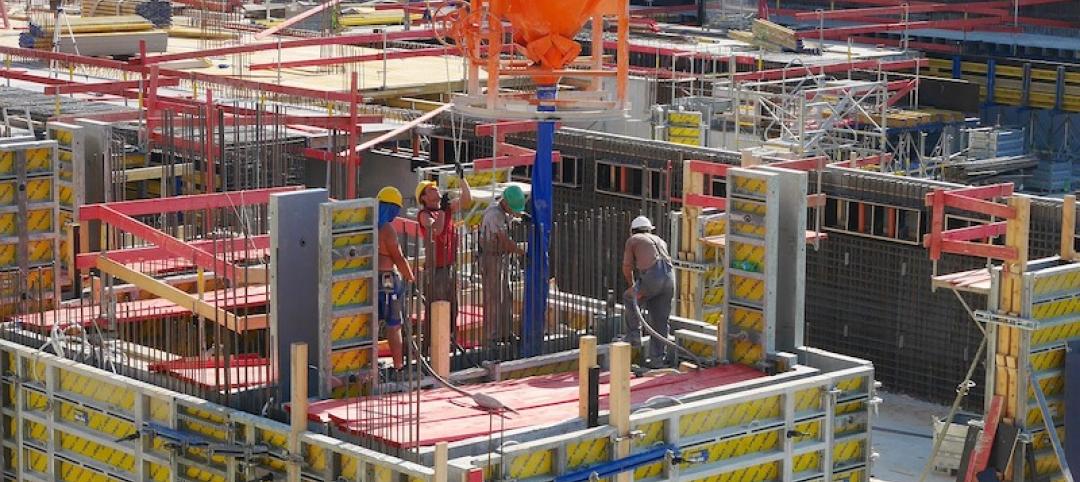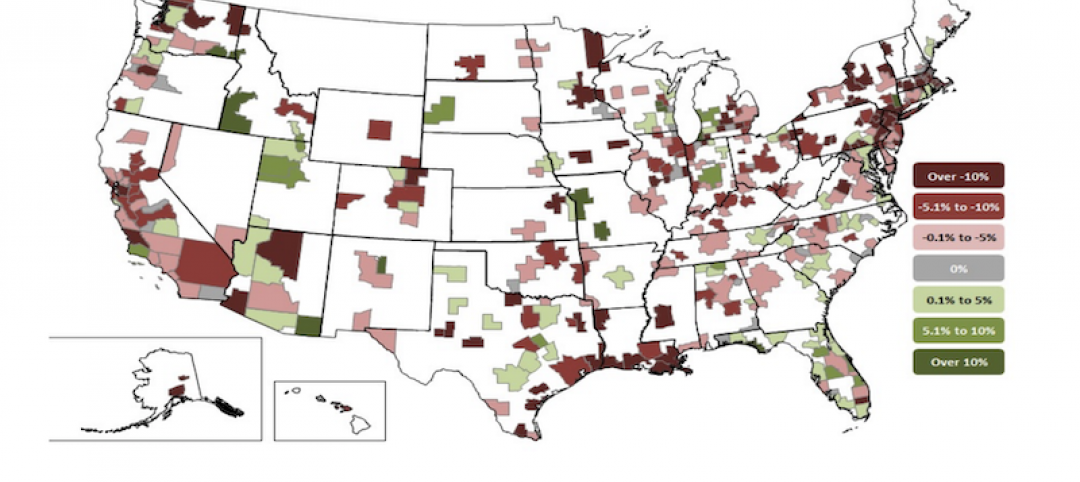A recent survey conducted by student housing developer, Core Spaces, of nearly 2,500 college students throughout the United States, reveals how Covid-19 has impacted them – including their mental state, sentiment about remote learning, personal and parents' finances and more. Core Spaces emailed the survey to student residents at 19 Core Spaces properties across 12 cities in 11 states. Responses were collected from June 2 to June 9.
“These important survey results speak to a wide range of ways the pandemic has impacted our young people,” explained Marc Lifshin, founder and chief executive officer of Core Spaces. “Their responses provide valuable insight into how college students are hurting and what they want. More than ever, it's crucial we do our best to make sure their housing is a welcoming and safe place.”
KEY FINDINGS:
Living preferences
Nearly 90% of respondents said they want to come back to campus when classes begin this fall.
72.5% of respondents would like to get back to their universities even if the schools continue online instruction in the fall.
Economic impact / confidence
More than three out of five (63.3%) respondents said the pandemic resulted in economic difficulties for themselves and their families in the following ways:
- Their summer job was canceled (57%)
- Their summer job hours or pay were reduced (32%)
- One of their parents lost his or her job (21%)
- One of their parents had hours or pay reduced (55%)
When it came to how students felt about their future job prospects due to the pandemic, nearly 20% were much less confident, and more than 40% were somewhat less confident. And 40% felt their job prospects were the same as before the pandemic.
Remote learning & studying
Nearly 60% of respondents said online classes had been a negative experience for them.
Nearly eight out of 10 said they feel they'd be more successful studying remotely in their apartments vs. their family’s homes.
Confidence with being safe back at school
90% of respondents were either "very confident" (46.6%) or "somewhat confident" (43.4%) that their universities would take appropriate and available measures to help protect them and other students from spreading the virus.
More than 85% of respondents were either "very confident" (41.6%) or "somewhat confident" (43.7%) that their student housing provider (Core Spaces) would take appropriate and available measures to help protect them and other student residents from spreading the virus.
Psychological impact
Since Covid-19’s onset, students said they had experienced the following:
- Sleep pattern has changed (76%)
- Feel more anxious or stressed (75%)
- Feel more depressed or worried (55.5%)
- Seen a professional for physical or mental health (12%)
Desire for vaccine
When asked how likely they are to want a vaccine if/when it is made available, 63% said very likely, 25.6% said somewhat likely, and 11.3% said not likely.
In total, there were 2,490 respondents from 19 Core Spaces properties in 12 cities and 11 states. The universities/cities, in order of the highest number of respondents, include University of South Carolina, Columbia (324); Penn State, University City, Penn. (304); *University of Florida, Gainesville (273); Michigan State University, East Lansing (231); University of Central Florida, Orlando (225); Purdue University, West Lafayette, Ind. (205); University of Alabama, Tuscaloosa (199 – three Core properties); *University of Arizona, Tucson (192); West Virginia University, Morgantown (144); University of Oklahoma, Norman (143); *University of Kentucky, Lexington (133); University of Mississippi, Oxford (116).
[*Represents two Core properties in the same city/campus.]
“There are so many unknowns around Covid-19," added Lifshin. “We, along with other student housing providers, need to do all we can to reduce the stress that students are feeling and increase their sense of comfort. We plan on offering a mindfulness and meditation program to our 15,000 residents starting late August – this same program had a positive impact on our own staff. We're also rolling out a wide variety of measures to consistently sanitize our buildings and continue to protect our residents.”
Related Stories
Market Data | Oct 5, 2020
Nonresidential construction spending falls slightly in August
Of the 16 nonresidential subcategories, nine were down on a monthly basis.
Market Data | Oct 5, 2020
Construction spending rises 1.4% in August as residential boom outweighs private nonresidential decline and flat public categories
Construction officials caution that demand for non-residential construction will continue to stagnate without new federal coronavirus recovery measures, including infrastructure and liability reform.
Market Data | Oct 5, 2020
7 must reads for the AEC industry today: October 5, 2020
Zaha Hadid unveils 2 Murray Road and the AEC industry is weathering COVID-19 better than most.
Market Data | Oct 2, 2020
AEC industry is weathering COVID-19 better than most
Nearly one-third of firms have had layoffs, more than 90% have experienced project delays.
Market Data | Oct 2, 2020
6 must reads for the AEC industry today: October 2, 2020
BIG imagines how to live on the moon and smart buildings stand on good data.
Market Data | Oct 1, 2020
Two-thirds of metros shed construction jobs from August 2019 to August 2020
Houston-The Woodlands-Sugar Land and Brockton-Bridgewater-Easton, Mass. have worst 12-month losses, while Indianapolis-Carmel-Anderson, Ind. and Niles-Benton Harbor, Mich. top job gainers.
Market Data | Oct 1, 2020
6 must reads for the AEC industry today: October 1, 2020
David Adjaye to receive 2021 Royal Gold Medal for Architecture and SOM reimagines the former Cook County Hospital.
Market Data | Sep 30, 2020
6 must reads for the AEC industry today: September 30, 2020
Heatherwick Studio designs The Cove for San Francisco and Washington, D.C.'s first modular apartment building.
Market Data | Sep 29, 2020
6 must reads for the AEC industry today: September 29, 2020
Renovation to Providence's downtown library is completed and Amazon to build 1,500 new last-mile warehouses.
Market Data | Sep 25, 2020
5 must reads for the AEC industry today: September 25, 2020
AIA releases latest 2030 Commitment results and news delivery robots could generate trillions for U.S. economy.

















